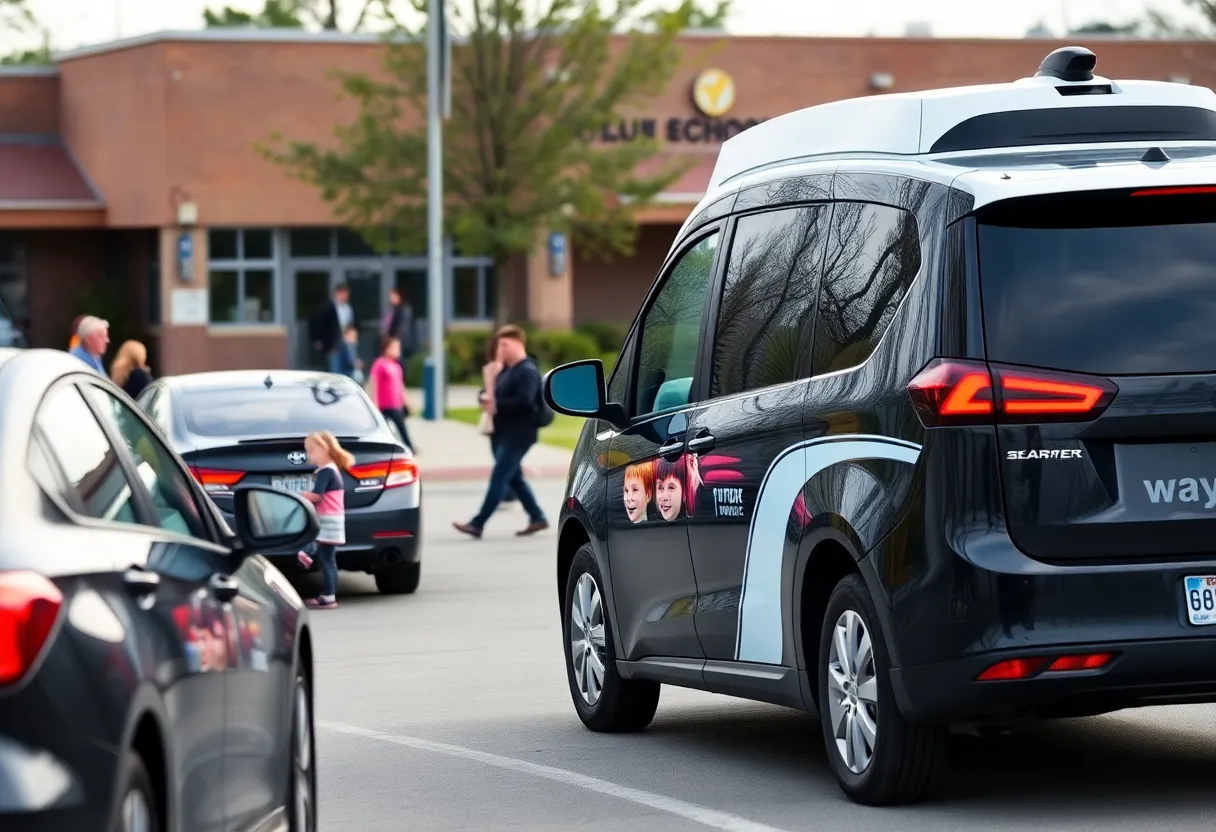California, September 6, 2025
News Summary
California community colleges are taking significant steps to combat rampant financial aid fraud, utilizing AI technology to detect fraudulent applications. With losses exceeding $11 million in 2024 alone, the new AI model analyzes various data points to identify false identities. Over 80 colleges are implementing this system, which has already shown effectiveness in detecting fraudulent applications. As the urgency to address fraud increases, these institutions are also exploring additional measures to protect their financial aid resources.
California community colleges are taking significant steps to combat financial aid fraud, which has seen them lose millions of dollars due to scams involving false student identities. With approximately 80 of the 115 community colleges in the state implementing a new AI model for fraud detection, there is hope that these advanced technological measures will significantly reduce incidences of fraud in the system.
In 2024 alone, California community colleges reported losses exceeding $11 million directly attributed to fraudulent financial aid applications. Alarmingly, 31% of applicants were identified as fraudulent, highlighting the severity of the issue. The AI technology employed to tackle this problem examines various data points, including shared phone numbers, suspicious course-taking patterns, and the ages of applicants, to identify potential fraudsters more accurately.
The implementation of AI models has proven considerably more effective than traditional human review, with some colleges reporting the detection of over 90% of fraudulent applications. Studies have indicated that these AI systems can identify two times as many fraudsters compared to human oversight. Full implementation of the AI initiative is projected to provide an even more efficient detection mechanism, with colleges aiming for this by 2026.
Among the colleges severely impacted by fraudulent activity is Golden West College, which in 2023 mistakenly categorized fake students as legitimate enrollees. Since 2021, California community colleges have lost at least $18 million due to fraudulent activity exacerbated by initial detection processes that were less sophisticated during the pandemic’s transition to remote learning.
In February 2024, the Foothill-De Anza district signed a contract with N2N Services to leverage AI-powered fraud detection. The AI model will approach fraud detection in three stages: application, course registration, and financial aid request. Noteworthy features of the system include device fingerprinting to trace far-reaching connections among applications, further enhancing detection efficiency.
The collaboration between California community colleges and the Department of Motor Vehicles (DMV) seeks to streamline identity verification for legitimate students through a mobile ID system. However, college officials continue to grapple with sophisticated online criminal activities that often complicate the identification and filtering of fraudulent applications. Maintaining authentic engagement from students, while adapting application systems to prevent fraud, remains a central focus for these institutions.
Nearly all community colleges in California have expressed interest in adopting the new AI model, indicating a strong collaborative approach among districts. This technological shift will also help ensure compliance with forthcoming federal identification verification requirements for financial aid applicants. Ongoing discussions within college circles include the potential introduction of an application fee aimed at deterring fraudulent applications.
As the trend of financial aid fraud continues to escalate, especially in light of recent advisories from the Federal Department of Education, the urgency for enhanced cybersecurity protocols and systems to monitor applications is becoming increasingly crucial. Efforts to identify and counteract the activities of ‘ghost’ or synthetic students—who use stolen identities to access financial aid—are a priority for California community colleges and the education sector at large.
FAQ Section
What is the main issue California community colleges are facing?
California community colleges are facing significant financial aid fraud, resulting in millions of dollars lost due to scammers using false student identities.
How are colleges combating this fraud?
Approximately 80 out of 115 community colleges are implementing AI technology to detect fraudulent student applications by analyzing factors such as shared phone numbers and suspicious course-taking patterns.
What impact has financial aid fraud had on these colleges?
In 2024, losses due to financial aid fraud surpassed $11 million, with a staggering 31% of applicants being fraudulent.
What advancements does the AI model offer?
The AI model enhances fraud detection efficiency, identifying fraudsters at twice the rate of human staff and has helped detect over 90% of fraudulent applications at some institutions.
When is full AI implementation expected?
Full implementation of the AI fraud detection model is anticipated by 2026.
Are there any measures being discussed to further prevent fraud?
Yes, conversations are ongoing regarding a potential application fee to deter fraudulent submissions, alongside heightened cybersecurity protocols.
Key Features of AI Fraud Detection in California Community Colleges
| Feature | Description |
|---|---|
| AI Model Implementation | Involves over 80 community colleges using AI to identify fraud. |
| Fraud Detection Efficiency | AIs detect two times as many fraudsters compared to human staff. |
| Characteristics Analyzed | Includes shared phone numbers, suspicious course patterns, and applicant age. |
| Financial Aid Losses | Over $11 million lost in 2024; $18 million since 2021. |
| Full Implementation Timeline | Expected completion by 2026. |
| Compliance Requirements | Aims to meet federal identification verification requirements. |
Deeper Dive: News & Info About This Topic
- Community College Daily
- Fortune: Fake Ghost Students and Financial Aid Fraud
- Los Angeles Times: Community Colleges and Financial Aid Fraud
- GovTech: AI Combating Enrollment Fraud
- Moneywise: Community Colleges Versus Cyber Scammers
- Wikipedia: Financial Aid
- Google Search: Financial Aid Fraud California
- Google Scholar: Financial Aid Fraud
- Encyclopedia Britannica: Financial Aid
- Google News: Community Colleges Financial Aid Fraud

Author: STAFF HERE LOS ANGELES WRITER
The LOS ANGELES STAFF WRITER represents the experienced team at HERELosAngeles.com, your go-to source for actionable local news and information in Los Angeles, Los Angeles County, and beyond, specializing in "news you can use" with coverage of product reviews for personal and business needs, local business directories, politics, real estate trends, neighborhood insights, and state news affecting the area—with deep expertise from years of dedicated reporting and strong community input, including local press releases and business updates, while delivering top reporting on high-value events like the Academy Awards, LA Auto Show, and Los Angeles Marathon, extending coverage to key organizations such as the Los Angeles Area Chamber of Commerce and the Los Angeles Tourism & Convention Board, plus leading businesses in entertainment and technology like Warner Bros. and SpaceX, and as part of the broader HERE network including HEREAnaheim.com , HERECostaMesa.com , HEREHuntingtonBeach.com , and HERESantaAna.com , providing comprehensive, credible insights into Southern California's dynamic landscape. HERE Anaheim HERE Beverly Hills HERE Coronado HERE Costa Mesa HERE Hollywood HERE Huntington Beach HERE Long Beach HERE Los Angeles HERE Mission Viejo HERE San Diego HERE Santa Ana





